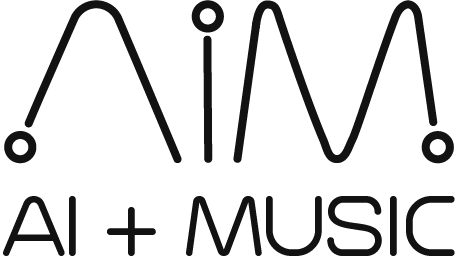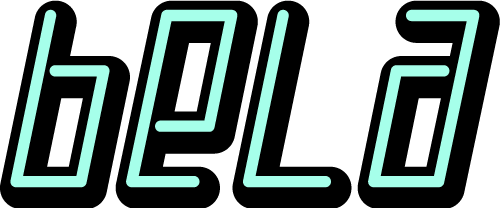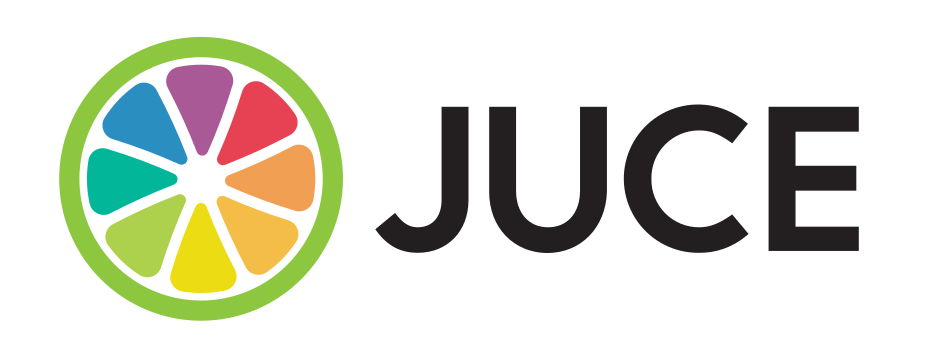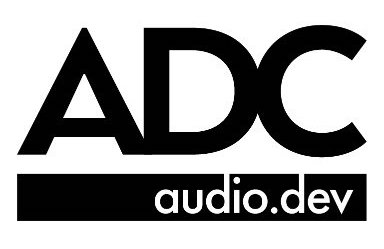
Timbre Tools for the Digital Instrument Maker
Why a hackathon? Who is it for?
What is a Timbre Tool?
Creative Prompts
Key Dates and Workshops
Resources
Prizes
Rules and Guidelines
Submissions
Timbre Tools for the Digital Instrument Maker
The traditional luthier will select rosewood to create a dark and complex guitar sound. The analog synth designer may choose optical components for crafting warm tones. Yet timbre — or tone, texture, sound colour — is conspicuously absent from the digital instrument maker’s toolbox. Making digital musical instruments (DMIs) is still based on concepts from early analog and digital synthesis, and relies on classical tools like oscilloscopes and signal generators.
We seek to shift this perspective of DMI design to a more sound-based, timbre-first practice. Timbre Tools will augment and enrich the digital luthier’s workbench. Through building instruments using flexible, open-ended tools for timbral design, amongst other tools, makers and artists can learn about sound technologies, become more aware of timbre phenomena, and craft compelling new instruments.
Why a hackathon? Who is it for?
The Timbre Tools Hackathon aims to bring together practitioners and researchers in the fields of music technology, audio programming, deep learning, interaction and design engineering, and timbre studies (acoustics, perception, aesthetics). A hackathon is an opportunity to learn from one another, share methods and tools, explore risky ideas, foster collaboration, and innovate across disciplines and communities.
This is an interdisciplinary initiative. Participants from all stages of practice and research are welcome.
What is a Timbre Tool?
It supports the timbral design of digital musical instruments. It is a tool for instrument makers, composers, performers (who make their own bespoke instruments), and even live coders. We are currently engaging with these communities to produce creative prompts for the hackathon.
It is not a tool for musicians (who are not makers) and audiences. We are not looking to build new instruments, but to create new tools that aid the creative process of instrument making. Although we believe all musicians and audiences will ultimately benefit from Timbre Tools!
It can encapsulate one or several notions of the timbre gestalt: tone, sonority, texture, noise, resonances, harmonics, fluctuations, modulations, spectrograms, semantics, metaphor, crossmodality, embodiment, gesture, sensing, material, "the illusory stuff of our dreams" in Schoenberg's words, you name it!
It can be designed from scratch or based on available maker tools. It can be about sensor design and fabrication, interfacing between the physical and digital worlds, or enabling expressive control at multiple levels of meaningful abstraction, amongst many other ideas that we hope to co-develop with hackathon participants.
Machine learning and AI provide interesting opportunities to interface with sound via timbre, and can be a point of entry for creating a Timbre Tool. SP-Tools and the FluCoMa Toolkit are good examples, as are approaches to interactive exploration of latent space in neural audio synthesis.
Creative Prompts
We have been talking to makers, artists, live coders, exploring ways of meaningful engagement with timbre in their musical craft/making practice. These are the emergent prompts that teams can use:
deep timbre – deep learning, deep listening, learning to listen
to infinity and beyond – explore, navigate, generate, timbre space
sensing timbre - sensors, materials, circuits, acoustics, embodiment
timbrecheck – live performance, sound recording, timbre in space
back to the future – analysis-by-synthesis, reflection, sound reproduction
timbre for all – community, social interaction, accessibility
Key Dates and Workshops
The Timbre Tools Hackathon will take place at the Mile End campus of Queen Mary University of London (QMUL) and anywhere on earth – remote participation is possible and encouraged – in 4 phases:
Resources
We have started putting together a living document of resources for working with and designing timbre.
For in-person teams interested in prototyping your project on an embedded computer and engaging with sensors, we can offer a kit comprising a Bela board, a breadboard, a Bela Trill touch sensor, a piezo contact mic, and a selection of jumper wires.
In addition, we have a limited stock of arduino boards, ultrasound sensors, stereo amplifiers, accelerometers, LCDs, pressure sensors, and flex sensors.
Please be reminded that all materials must be returned at the conclusion of the hackathon. Therefore, you should avoid making permanent physical alterations (e.g., gluing components).
You will also have access to laser cutters, a band saw, scroll saw, pillar drill, and soldering equipment available at a maker space. Wood and acrylic materials will be provided for laser cutting.
Prizes
Rules and Guidelines
Code of Conduct
One of the primary goals of the Tiimbre Tools Hackathon is to foster an inclusive space for collaboration, creativity, and innovation. All skill levels and backgrounds are welcome.
We ask that all participants familiarize themselves with the Berlin Code of Conduct and follow this conduct in all communications, in-person and on Discord. Please refer to The Audio Programmer community guidelines for further guidance on communication within Discord.
Please reach out immediately to one of the hackathon organizers in-person or on Discord/Email if you experience something that doesn’t feel right.
Participating
All participants must register themselves and their teams.
Step 1: register yourself (closes Fri 23rd 5 PM GMT)
Step 2: join The Audio Programmer Discord (there is a Timbre Tools Hackathon section at the bottom)
Step 3: register your team (closes Fri 23rd 5 PM GMT)
All team members must complete both registrations. We need everyone to individually fill out the participation consent form.
The Hackathon runs for 48 hours. Physical space and materials will be available at QMUL for those joining us in London, but teams can choose to work in any format they see fit. We encourage participants to sleep, eat, and go outside, and not spend all this time hacking.
Team Info
- Teams can have one to five members.
- Hybrid teams of in-person and remote participants are welcome.
- Each team will be provided with a private voice channel on Discord
- We encourage diverse teams with members that have different skill levels and backgrounds.
- All teams must register (see link above).
We can do more together!
The Timbre Tools Hackathon supports open research in music technology, and the hackathon itself is part of a larger research study. You can actively partake in this research by sharing bite-sized updates (self-reports) on your team's creative thinking process during the hackathon.
- All teams (on site, remote, hybrid) are asked to post hourly self-reports via their private voice channels on Discord.
- Self-reports are meant to be bite-sized and should take no more than a minute of your team’s time each hour.
- Include a photo or screenshot, e.g., sketches, code snippets, spectrograms, and a sentence on what you’re working on. Audio samples can be fun too.
- You only need to self-report when you’re actively working.
Submission rules
In order to be included in voting and considered for prizes, all teams must prepare:
- A short two minute presentation of their project and ideas. This can be presented in-person on Sunday evening or pre-recorded and submitted as a video.
- A public repository of source code (or instructions on how to recreate your project) under an Apache-2.0 or compatible licence. Open sharing of ideas is a primary objective of the Timbre Tools Hackathon and permissive licenses will help foster further work in this area.
Interactive demos, websites, audio plug-ins are all welcomed in submissions, but are not required to be considered for voting.
Submissions
We are excited to have 10 submissions! Presentations and awards ceremony were live streamed. Feel free to further explore these wonderful projects at the following links.
- #F1AEA2 <video, code>
- Timbre Garden <video, code>
- Just William <video, code>
- SPIS Girls <video, code>, won Best Responsible Hack
- The Sound of One Hand CLAPping <video, code>, won Best Research Idea
- Chips are awesome <video, code>, won Best Creative Hack
- BRÜ-NOISE <video, code>
- Vroom <video, code>, won Best Demo
- sombre timbre hombres <video, code>
- Team Johan <video, code>
This site will be updated with further information as the hackathon approaches, and all registered participants will be updated via email. In the meantime, if you have any comments or questions, please email c (dot) saitis (at) qmul (dot) ac (dot) uk.
ORGANISERS


SPONSORS




